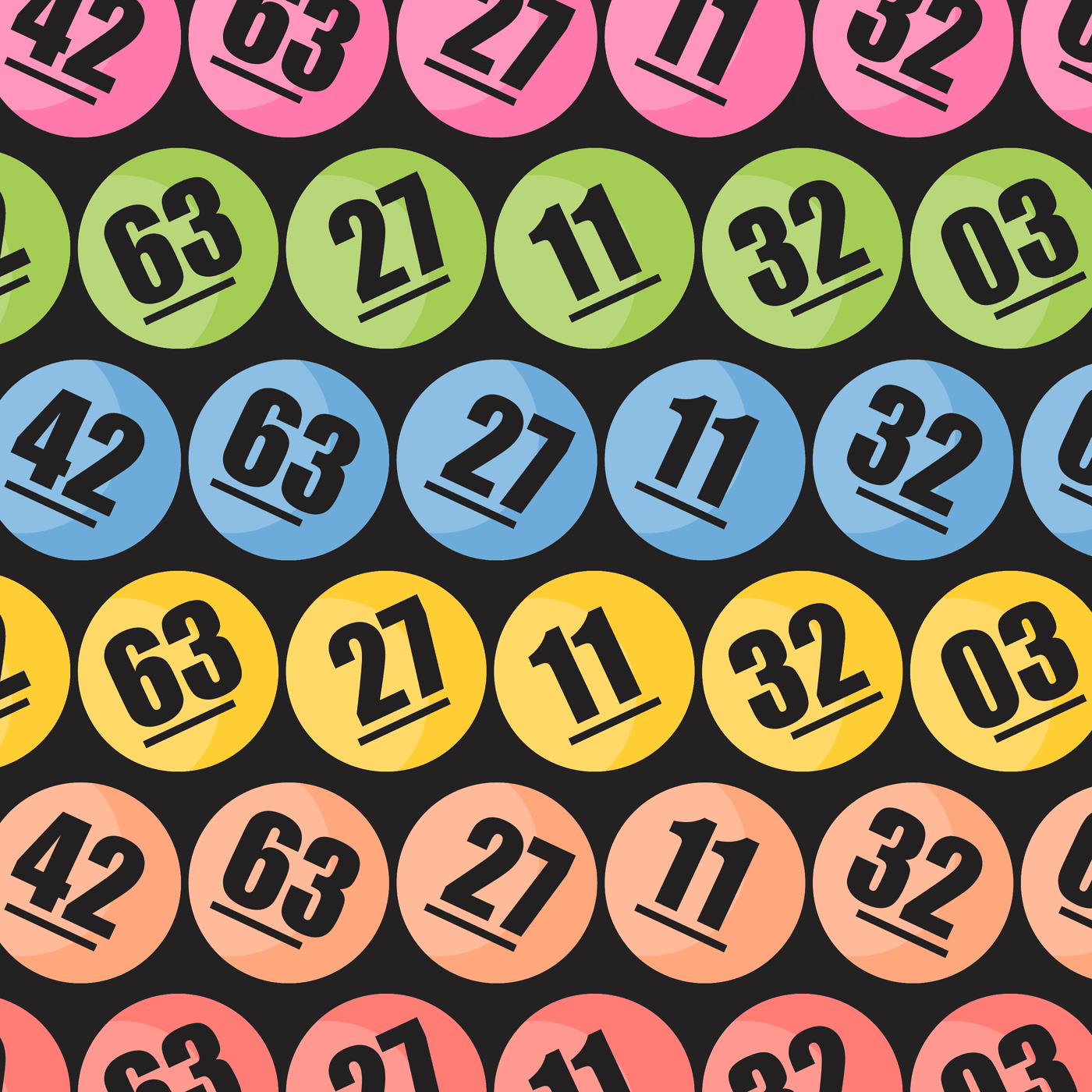
The history of the lottery dates back to the seventeenth century, when Dutch towns began holding public lotteries to raise funds for the poor. These lotteries proved to be a popular way of raising money and were hailed as a form of taxation that was comparatively painless. The oldest continuously running lottery is the Staatsloterij in the Netherlands, which was established in 1726. The English word lottery derives from the Dutch noun “lottery,” which means “fate.”
Winnings from the lottery are not always paid in a lump sum. Instead, lottery winners may receive either an annuity or one-time payment. One-time payments usually yield less than the advertised jackpot because of the time value of money and the amount of income tax deducted. The payment terms also vary widely depending on the jurisdiction and the investment method chosen. For example, the United Kingdom pays out lottery prizes as a lump sum. Meanwhile, Liechtenstein pays out its prizes as an annuity.
Online lottery gaming is a relatively new phenomenon, but it has not gained the same popularity as other forms of gambling. Legislation regarding lottery gaming online was murky for years. Many lawmakers thought that it would violate the Wire Act, which prohibits betting on sporting events and contests. However, recently, the Department of Justice clarified lottery laws. While the Wire Act still prohibits betting on sports, it allows electronic communication of lottery data generated by legal lottery sales.
You can subscribe to a lottery to get automatic lottery tickets. Subscriptions can be set up to purchase tickets over a week, month, or even a year. Once you’ve chosen your numbers, your subscription will purchase the tickets automatically, and will check the tickets for winners each time they are drawn. If your tickets come up with the winning numbers, you will receive a check automatically - even if the prize is less than $600.
Online lotteries use geolocation to track the location of players. Most websites and applications use this technology to track the location of players who buy online. However, this doesn’t affect lottery sales in stores. You can still buy tickets in person if you live in the state. However, you should note that there are state laws that restrict online lottery sales, so it is best to check the law before buying online. There are also other factors that you should keep in mind.
In the US, there are 44 state-run lotteries. The federal lottery doesn’t exist in all states, but Washington DC, Puerto Rico, and the US Virgin Islands have. Other states have federal lottery programs, while Alabama, Hawaii, and Nevada don’t offer one. The history of the lottery in the US is a roller coaster of events. In 1934, Puerto Rico established the first official territory-wide lottery. New Hampshire followed in 1964.
Today, lottery-style games are mainstream, and can be played almost anywhere. They’re even sold in grocery stores, gas stations, and gaming establishments. Whether you want to play a lottery or win a prize in an online raffle, you can find the right game to fit your needs. The more you know, the more likely you’re to win! So, get into the habit of winning by playing the lottery online. You’ll love it!